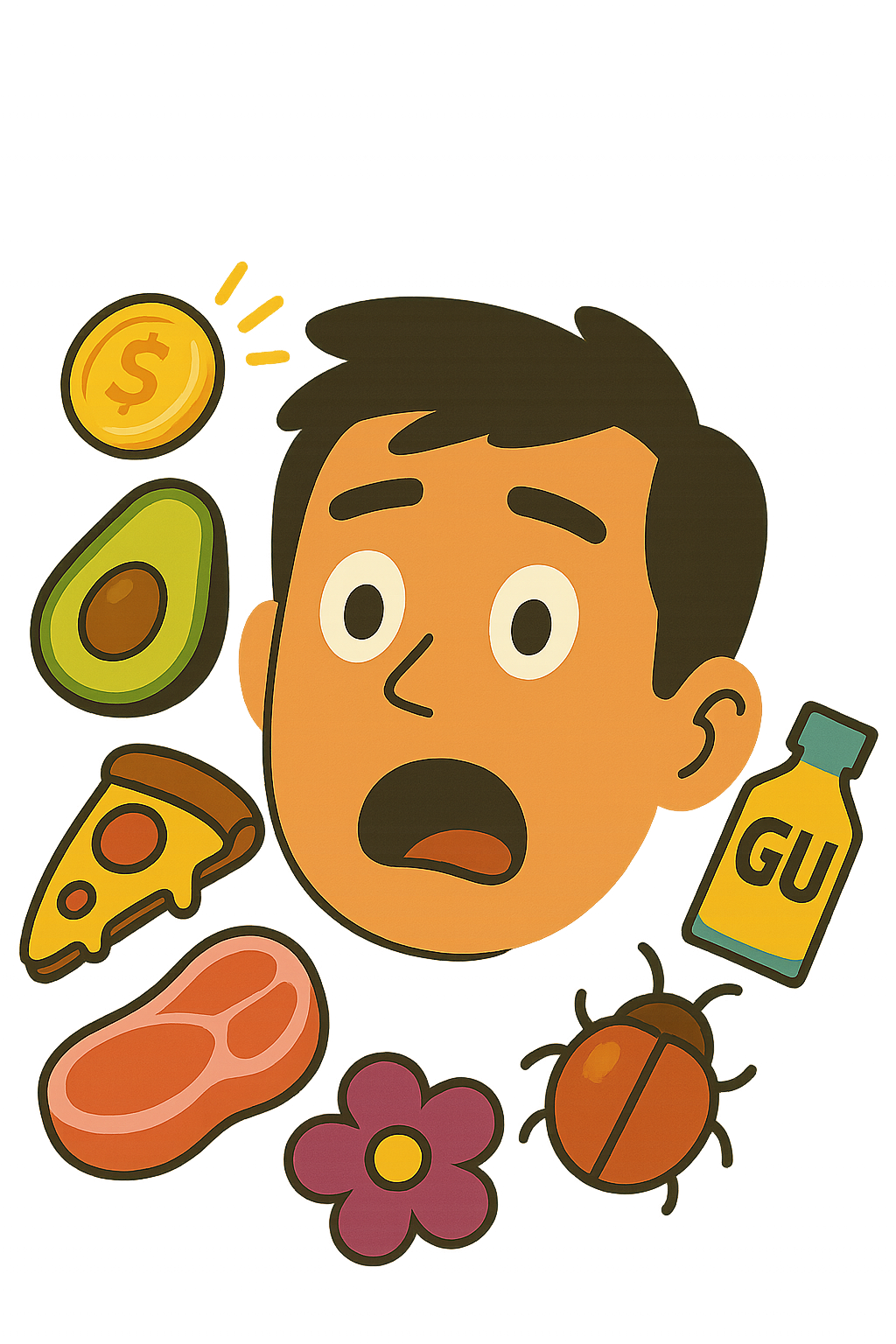Can you eat raw croissant dough?
Quick Answer
No
Eating raw croissant dough is not recommended due to the potential presence of harmful bacteria such as Salmonella and E. coli in raw eggs and flour, which are common ingredients in croissant dough.

What Is It?
Croissant dough is a type of pastry dough that’s layered with butter and folded multiple times to create a flaky, buttery croissant. It typically contains ingredients like flour, yeast, milk, sugar, salt, butter, and sometimes eggs.
Why It Can Be Risky
Eating raw croissant dough carries several risks:
- Risk of foodborne illnesses: Raw eggs and flour can contain harmful bacteria like Salmonella and E. coli, which can lead to food poisoning.
- Digestive issues: Raw dough is harder for the body to digest, which can lead to stomach discomfort or bloating.
Safe Method?
The safe method to consume croissant dough is to bake it thoroughly until it reaches an internal temperature of at least 165°F (74°C), which is sufficient to kill any potential bacteria.
Safe Alternatives
If you’re craving the taste of croissants but don’t want to wait for them to bake, consider alternatives like croissant-flavored cookies or pastries that don’t require baking.
Storage Tips
Store croissant dough in the refrigerator for up to 2 days, or freeze it for longer storage. Always ensure it’s covered to prevent it from drying out.
Preparation Tips
When preparing croissant dough, always wash your hands and clean your work surfaces thoroughly to minimize the risk of bacterial contamination. Also, avoid tasting the dough until it’s fully cooked.